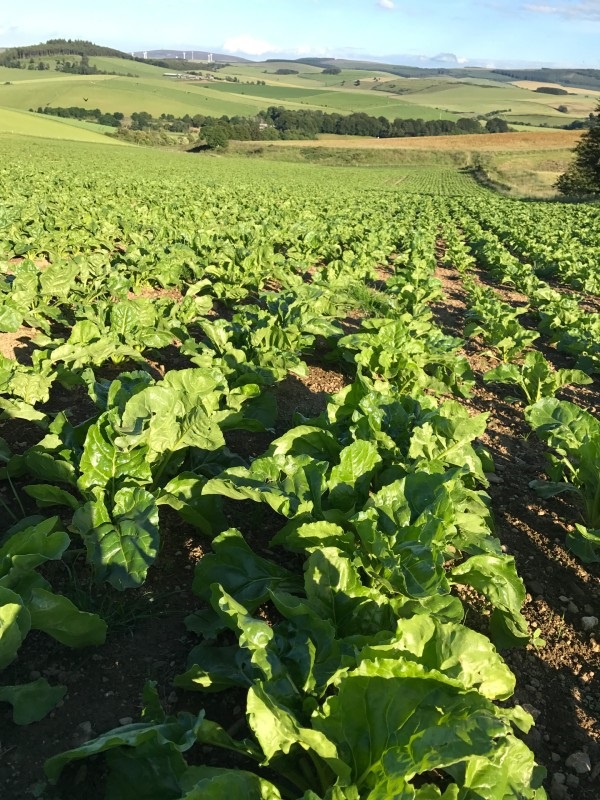Transitioning Off Fodder Beet
22 February 2022The importance of transitioning livestock on to fodder beet slowly, to allow the rumen bugs to adapt to the high sugar diet is well documented. However, as calving and lambing approaches, the slow and steady approach should also be used for transitioning the livestock off the beet.
Sheep
The goal in late pregnancy is to target nutrition and management to manage body condition score, good udder development, generate a good supply of quality colostrum, good lamb birth weights and minimal ewe losses. The nutritional value of fodder beet, which typically has less of its leaf by this stage, will be limited in protein from about 6 weeks pre-lambing. The transition should occur over a week by reducing the daily allocation of the beet, and increasing the availability of good quality silage or spring grass , so that the ewes are transitioned off the beet four weeks pre lambing. If forage availability is a limiting factor, the ewes could be offered an alternative protein source e.g. compound, along with pulled beet at grass. If ewes are being housed, pulled beet could be offered in house to minimise the levels of stress.
Cows
Again, the goal in late pregnancy is to manage condition, have adequate colostrum and a good birth weight of a vigorous calf, which can be managed through nutrition. To transition cattle off fodder beet pre-calving, their daily allocation should be reduced gradually, while increasing their availability to other forage – grass, silage, straw, etc. Ideally, they will be housed or moved to grass 4 weeks pre-calving and offered a ration tailored to the quality of forage you have available. If there is beet still in the field, this could be lifted and fed in house or at grass to ease the transition further, ensuring a limited amount is offered daily.
Fodder beet bulbs are generally low in calcium and phosphorus. Therefore, ensure the livestock are being offered a suitable mineral supplement which complements the ration, in the lead up to calving and lambing.
Kirsten Williams, kirsten.williams@sac.co.uk
Sign up to the FAS newsletter
Receive updates on news, events and publications from Scotland’s Farm Advisory Service

